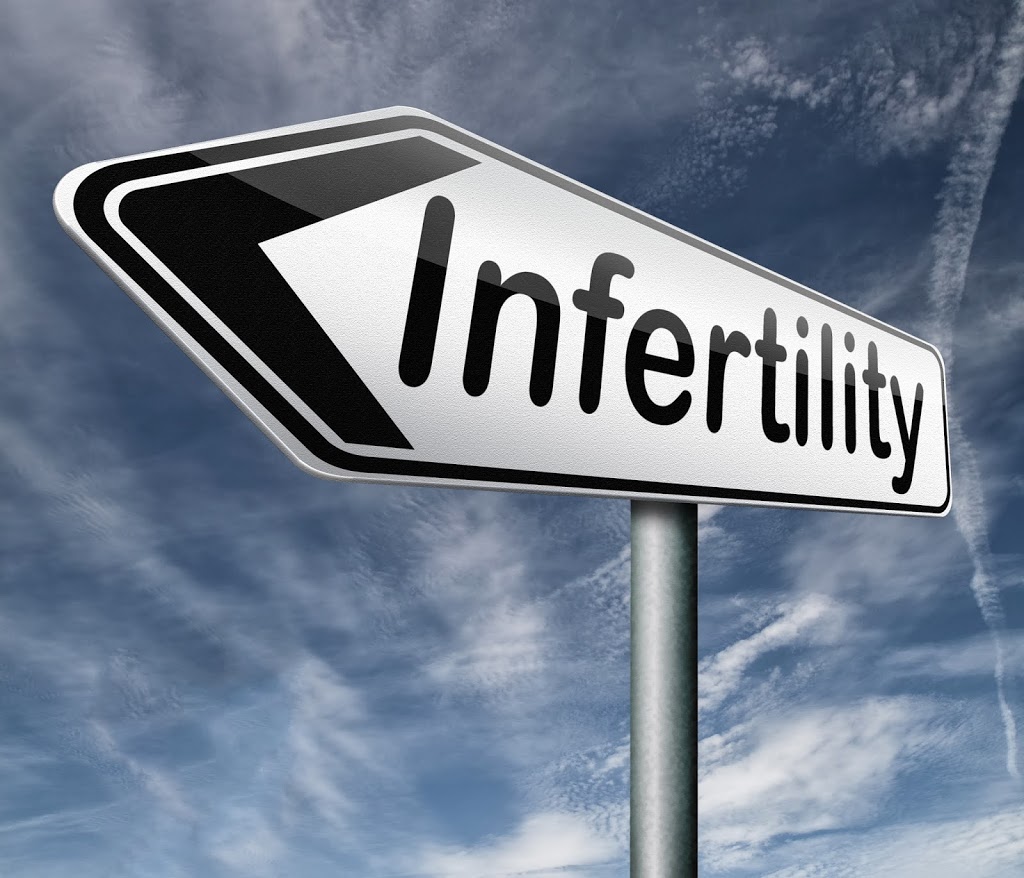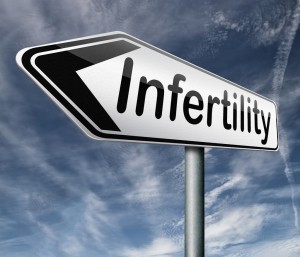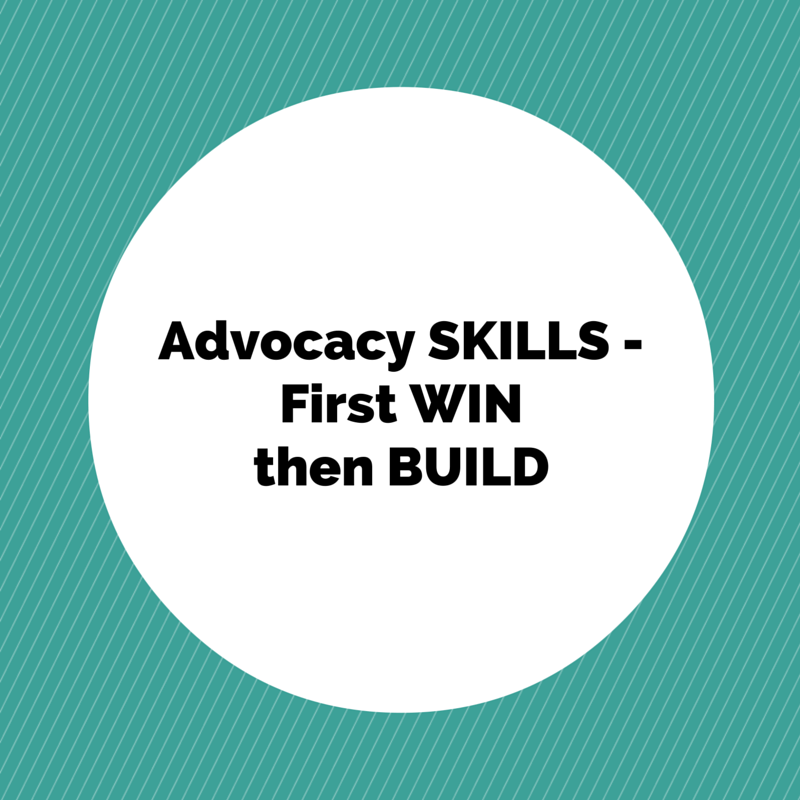
Explaining Why #OHIP4IVF #onpoli Makes Sense
Some of my readers and followers will have noticed I am on a new mission here lately _ one that involves championing the needs of families as usual, but from a slightly different perspective. Lately I am tweeting with the hashtag #Ohip4ivf because I have joined forces with a group called Conceivable Dreams. Conceivable Dreams is an advocacy based grassroots organization that started with the passion of two parents bent on educating public and government about the needs of parents in waiting, parents seeking to become families through the help of a process known as in vitro fertilization. I typically write here about adoption, a lot, because my two girls are adopted and I help to run my own non profit for adoptive parents called the Canadian Coalition of Adoptive Families. But before we adopted there was obviously a choice involved. Before we adopted we went through a period of time where we investigated all the options. We knew we would try fertility medicine and treatment for a brief time. I had surgery to clear blocked tubes. And I had scarring, largely due to the Crohn’s Disease, an inflammatory bowel disease that is incurable. I tried the medicine called Clomid and we continued to try the usual way. (Wink ;.)I knew fairly early on that my medical history wouldn’t be compatible with pregnancy. I am a trained journalist so I research and ask questions when I don’t know the answers and I learned that infertility treatments were costly and the odds seemed slim for me. Then I researched adoption and while it also had clear obstacles, it was our informed choice. My heart knew my body could not manage a five year battle of several rounds of surgery and IVF. At that time, I had multiple medical issues, a disease that clearly also impacted fertility. Medical issues on top of medical issues. Had IVF been a viable option for us, then I would have fought tooth and nail for assisted reproduction help. Had I chosen to proceed with IVF, then it should have been supported morally, emotionally and financially by my workplace, my insurance company and the public health care system. None of those systems were supportive at that time and even now, as I have learned from interviewing people going through the process and parents who conceived through IVF.
We chose adoption.
The hurdles, even there were huge. Adoption internationally is extremely expensive – ranging upto $20,000. Domestic adoption can be speedy, or it can take years. It typically carries very few costs up front, but in reality upwards to 85 % of children adopted from children’s aid societies have special needs. (I am the world’s biggest champion of domestic adoption, but I am also a realist. The support systems needed to parent a child with special needs are incredible. The resources needed, both financially and emotionally, are great. While I wish everyone could adopt and would adopt and I hate that 10,000 children are in care of children’s aid societies in Ontario, it is not the right choice for every couple.)
About four years ago, the non profit that I cofounded was asked to get in on advising and consulting the Expert Panel on Infertility. At that time we had many conversations with some of our partners in the United States. They typically went like this…what does infertility have to do with us? Aren’t we on opposite sides of the fence? We want to get children out of foster care and into homes. Why should the government fund IVF?
At that time, almost four years ago a smart lady whose opinion I value very much, Kim Stevens, who has held various positions at NACAC, the North American Coalition for Adoptable Children, helped us to see we needed to be at the same table. The Expert Panel was eventually the Expert Panel on Infertility and Adoption and I am happy to say we had a great deal of input into that final report, Raising Expectations, released three years ago now. We had many conversations and engaged a lot of partners and eventually the Ontario Liberal government enacted several of the adoption recommendations.
But
Many recommendations also came out of the infertility portion of that panel. Infertility affects one in six couples and In-vitro fertilization costs about $10,000 a cycle including medications. It is one of the most effective treatments for providing couples the option to safely create a family. One of the recommendations in the Expert Panel report was that the government fund in-vitro fertilization. “Ontario Cannot Afford Not to Fund Assisted Reproduction.” The expert panel, which included Governor General David Johnston, recommended that funding be in place for three cycles of in-vitro, single embryo transfer. The cost savings are clear. Right now, families who are desperate to conceive and cannot risk spending to do multiple rounds of IVF are having multiple embryos transferred. This can lead to higher incidents of multiples, and has been shown to often incur higher health care costs in the long-term for both the mother and the babies. One single embryo transfer is a recommendation that supports building healthy families in Ontario.
In Quebec, two years ago, the government recognized the high cost of multiples. While twins and triplets are adorable, they can also carry additional health risks. They are 17 times more likely to be born pre-term, to require a caesarian delivery and to need expensive care at birth, as well as throughout their lives. Pregnant moms of multiples also face additional health risks. This year, Quebec’s rate of multiple births is projected to drop by 80 %. The Expert Panel stated that the province of Ontario could save between $400 – $550 million over the next ten years and would see another $300 – $460 million in savings that would have been spent on these children over their lifetimes.
In the last couple of weeks I have met and interviewed families who started their lives together with $50,000 of debt. Just to start a family. While every one of them said their child was worth it, that’s one hell of a burden for any family. Oh, and did I mention that these families come from all socioeconomic walks of life.





21 Comments
Mariah @ FormulaMom.com
My cousin has battled infertility for years. She even lived apart from her husband for a year to get better health benefits in a different state to help offset the costs.
MamaMunky
I was recently diagnosed as infertile. The doctor doesn’t seem to think that it is going to be as difficult for me as it usually is, so I am hoping and praying. It is awesome that you have become a part of this organization!
Amanda @ Survival Guide
This is a very difficult topic to discuss, especially with individuals that are dealing with it. Awesome that you are taking on the topic head on!
Ninja Mommers
What a fantastic organization. Kudos. I Know many people struggling with infertility.
LaVonne @ Long Wait
Our friends battled with infertility. After many years they conceived (later in life) one daughter. She is their joy. Thanks for shedding light on this issue. I appreciate it.
Monica
As a nurse and a mom I love this post and as Amanda said it is sometimes very difficult to discuss….we need more people like you who are willing to take on this painful and difficult topic!
~Shannon~
Yes! I hope you get it! Like you said, “It is a women’s issue, a health issue, a family issue, an economic issue and a human issue.” Exactly! Will be following this.
Darcy
We struggled to conceive. I know what an emotional roller coaster it was for me and I hadn’t gone to the next steps yet (such as IVF). We were looking at all the options after undergoing testing and … more testing. Great to see this!
Joyce@MommyTalkShow
This is such a tough issue for couples.
I try to be mindful about telling me “honeymoon baby” story because I know everyone didn’t get pregnant as quickly as we did.
I wish adoption wasn’t so complicated.
I’m a journalist too and have covered way too many stories about abused or neglected children.
Kathleen Garber
I love the name Conceivable Dreams, it describes the issue perfectly. I agree adoption isn’t for everyone and I do think that OHIP should cover at least the first round of fertility treatments. My 6 year says she might adopt when she’s older.
Staci @ 7 on a Shoestring
Great piece! I have several friends who have been able to have a family thanks to the sacrifice of others through adoption.
NYC Single Mom
Fantastic organization and kudos for starting the organization. I adopted as single woman and not go down the pregnancy route because it was the right decision for me but know so many couples who had issues, some are togther and some are. Its such a struggle, mentally and financially. Good luck
Jeannette
Wow! What a great program to support! I think it should be easier for parents who want babies to have them. It breaks my heart when I see a loving family struggle!
Ghada
I definitely stand behind allowing more couples battling infertility to have access to more affordable choices. I’ve seen people go through infertility, and we should stand behind their choices
Amanda
I am really glad someone is talking about this. I had no problems conceiving (three times while on birth control) and pregnancy was never a happy thing for us (timing, life circumstances). But I always tried to keep myself in check remembering how many parents would really love to have a child but struggle.
Just Trying To Save Money
We have some friends that are in the process of adoption and they can’t wait, but there are so many requirements to get through to accomplish this. Great information, I will forward this to them.
Grandma Juice
I have friends who just spoke in Washington about similar… injured vets and their spouses who still wish to conceive. Certain war injuries prevents men from being able to make that baby the old fashioned way. After receiving those war injuries, our government said NO to them receiving medical aide for IVF. Proudest moment to see my friend stand before congress with their twins and say Yes, I deserve a family and so do all these other guys…
Erin D
Iwant to offer a different point of view on this topic, an area that most people don’t condider when talking about IVF funding, secondary infertility.
My husband and I have been dealing with secondary infertility issues for the past 5 years. We have an almost 7 year old daughter and when we tried to add to our family, I was diagnosed with pre-mature ovarian failure. There is no cure for this and Dr.’s don’t even know why this happens. At 26 years old this news was horrible for me. Because we live in Ontario, and my tubes are not blocked we were unable to receive funding for IVF so, we tried IUI without success for 6 cycles and went through injections along with it. 3 years after we stopped the fertility treatments I had emergency surgery to remove an ovarian cyst that was so big it killed one of my ovaries and the tube on the same side. Still we do not qualify for IVF funding.
Dealing with secondary infertility has been not only hard on my husband and myself but also on our daughter who talks almost daily about being a big sister. The hardest part is knowing that we cannot afford to give her that. Sure we could pay $10,000 plus to do 1 cycle of IVF and probably not be successful, but even if we were successful the financial burden we would put on our family would be unfair.
Erin D
Iwant to offer a different point of view on this topic, an area that most people don’t condider when talking about IVF funding, secondary infertility.
My husband and I have been dealing with secondary infertility issues for the past 5 years. We have an almost 7 year old daughter and when we tried to add to our family, I was diagnosed with pre-mature ovarian failure. There is no cure for this and Dr.’s don’t even know why this happens. At 26 years old this news was horrible for me. Because we live in Ontario, and my tubes are not blocked we were unable to receive funding for IVF so, we tried IUI without success for 6 cycles and went through injections along with it. 3 years after we stopped the fertility treatments I had emergency surgery to remove an ovarian cyst that was so big it killed one of my ovaries and the tube on the same side. Still we do not qualify for IVF funding.
Dealing with secondary infertility has been not only hard on my husband and myself but also on our daughter who talks almost daily about being a big sister. The hardest part is knowing that we cannot afford to give her that. Sure we could pay $10,000 plus to do 1 cycle of IVF and probably not be successful, but even if we were successful the financial burden we would put on our family would be unfair.
Erin D
I would like to add a different point of view to this in hopes of raising awareness to a type of infertility that is not often talked about or thought of but is just as painful to deal with on a daily basis, secondary infertility.
At 26 I thought I had it all, a great husband, beautiful daughter and wonderful step-son. So when my husband and I decided that it was time to expand our family, we couldn’t wait to be pregnant again. I remember daydreaming about what our new child would look like and how he/she would fit into the loving family that we had already created. Then, after a couple months of trying we conceived, but I miscarried shortly after.
After months of trying to conceive again, I went to see my OB who put me through 3 months of testing . He sent us wonderful fertility specialist. We were expecting to hear some positive news, unfortunately what we got was just the opposite. I was diagnosed with Premature Ovarian Failure.
We were told not to be too discouraged and were sent to have testing done to see if my tubes were blocked, I remember praying that they were so that we would qualify for IVF funding, once again the news was terrible. My tubes were open, we did not qualify for IVF funding.
We tried IUI using fertility meds including painful injections for 6 months to stimulate my ovaries and hopefully conceive, with no luck. Still we did not qualify for IVF funding.
2 years later, I ended up in the hospital with the most pain that I had experienced ever in my life and had to have emergency surgery to remove a cyst from my left ovary, the cyst was so big that it had killed my ovary and the tube on the same side. Still we did not qualify for IVF funding.
Now, I have to look my 6 year old daughter in the eye and tell her that mommy’s belly is sick when she asks why she can’t be a big sister. I have to look myself in the mirror every day and smile and be thankful for what we have. I have to remind myself that going into debt and spending $10,000 plus on 1 IVF cycle that statistically isn’t successful until after the 1st or 2nd cycle would not be fair to the family that I have now, and going through IVF and bringing multiple children into this world would be a financial burden that we cannot afford.
We as a family have done all that we can to have our dream of another child come true, and our last hope is to have IVF funding covered by OHIP.
Thank you for giving those of us trying to deal with infertility a voice!
Paula Schuck
Erin: I am thankful you shared this with me. I think it is really important to get to the topic of secondary infertility. I agree and know many people feeling grief- stricken over secondary infertility. I wonder if you would ever consider writing about your experience for a post here, or talking about it with me. Our stories are powerful if we tell them together. Please join us on twitter and Facebook when you ate able. Conceivable Dreams Facebook group is very supportive. We are on twitter too as @ohip4ivf